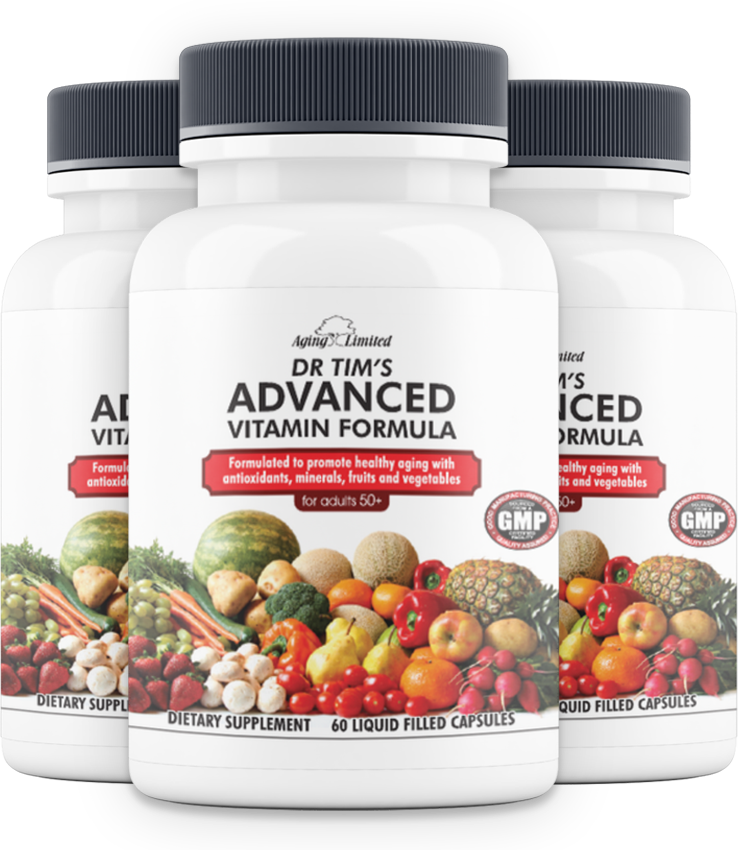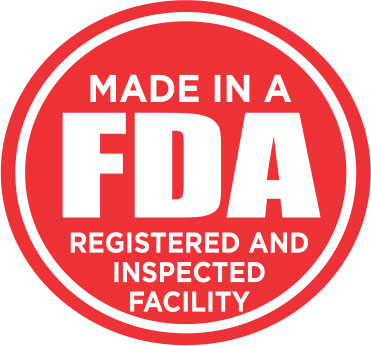FAQs
Whether you need to take a multivitamin depends on various factors, including your overall health, diet, lifestyle, and any specific nutritional deficiencies you may have. Here are some considerations to help you determine whether taking a multivitamin is necessary for you:
- Dietary Habits: If you have a well-balanced diet that includes a variety of fruits, vegetables, whole grains, lean proteins, and dairy or dairy alternatives, you may be getting most of the essential vitamins and minerals from your food. However, if your diet is limited or lacks diversity, a multivitamin could be beneficial.
- Specific Nutrient Needs: Certain populations, such as pregnant women, older adults, vegetarians or vegans, and individuals with specific medical conditions, may have increased nutrient needs. In such cases, a healthcare professional may recommend targeted supplementation based on individual requirements.
- Health Conditions: Some medical conditions or medications may affect nutrient absorption or increase the body’s demand for certain vitamins and minerals. If you have specific health concerns, consult with a healthcare provider to determine if supplementation is necessary.
- Age and Gender: Different life stages and genders have varying nutrient requirements. For example, women of childbearing age may need more folate, and older adults may require more vitamin D. Multivitamins formulated for specific age groups and genders can address these differences.
- Lifestyle Factors: Individuals with certain dietary restrictions (e.g., vegetarian or vegan diets) or limited sun exposure (which affects vitamin D synthesis) may benefit from targeted supplementation.
It’s important to note that while multivitamins can be a convenient way to fill potential nutrient gaps, they are not a substitute for a healthy diet. Additionally, excessive intake of certain vitamins and minerals can have adverse effects. Before starting any new supplement, including a multivitamin, it’s advisable to consult with a healthcare professional who can assess your individual needs and provide personalized recommendations. They can help determine whether supplementation is necessary and guide you on the appropriate dosage.
It’s important to clarify that while vitamins and minerals are essential for overall health and immune function, there is no specific vitamin or supplement proven to prevent or cure COVID-19. However, maintaining a healthy immune system is crucial for general well-being and may contribute to the body’s ability to respond to infections.
Here are some vitamins and minerals that play a role in supporting the immune system:
- Vitamin C: Known for its antioxidant properties, vitamin C is involved in immune cell function. Citrus fruits, strawberries, kiwi, bell peppers, and broccoli are good sources.
- Vitamin D: Important for bone health, vitamin D also plays a role in immune function. Sunlight is a natural source, and vitamin D is also found in fatty fish, fortified dairy products, and supplements.
- Zinc: This mineral is essential for immune cell function. Foods high in zinc include meat, dairy, nuts, and legumes. Zinc supplements may be recommended for those with a deficiency.
- Vitamin A: Important for maintaining the integrity of the skin and mucous membranes, which act as barriers to infection. Sources include sweet potatoes, carrots, spinach, and liver.
- Vitamin E: An antioxidant that helps protect cells from damage. Nuts, seeds, spinach, and broccoli are good sources.
It’s crucial to obtain these nutrients through a balanced and varied diet rather than relying solely on supplements. While supplements can be useful for individuals with deficiencies, excessive intake can have adverse effects.
Always consult with a healthcare professional before starting any new supplement regimen, especially if you have underlying health conditions or take medications. Additionally, the best way to reduce the risk of COVID-19 and other infections is practicing good hygiene and maintaining physical distance.
There isn’t a single “best” vitamin, as each vitamin plays a unique and essential role in maintaining good health. Different vitamins have different functions, and the best vitamin for you depends on your individual needs, age, gender, health status, and other factors.
Here are some key vitamins and their primary functions:
Vitamin A: Essential for vision, immune function, and skin health.
Vitamin B complex (B1, B2, B3, B5, B6, B7, B9, B12): Important for energy metabolism, nerve function, and red blood cell production.
Vitamin C: An antioxidant that supports the immune system, skin health, and wound healing.
Vitamin D: Vital for bone health, as it helps the body absorb calcium.
Vitamin E: An antioxidant that protects cells from damage and supports immune function.
Vitamin K: Necessary for blood clotting and bone health.
It’s generally best to obtain vitamins through a balanced and varied diet. If you have specific health concerns or conditions that may lead to a deficiency, your healthcare provider may recommend supplements. However, it’s important not to exceed recommended levels of certain vitamins, as excessive intake can have adverse effects.
In summary, the “best” vitamin is context-dependent, and a well-rounded diet that includes a variety of nutrient-rich foods is typically the most effective way to ensure you get an adequate supply of essential vitamins. If you have specific health concerns, it’s advisable to consult with a healthcare professional for personalized advice.
Phytonutrients, also known as phytochemicals, are natural compounds found in plants that contribute to their color, flavor, and disease resistance. These compounds have been shown to provide various health benefits when consumed by humans. While phytonutrients are not considered essential for basic human survival like vitamins and minerals, they play a crucial role in promoting overall health and preventing certain diseases.
There are thousands of known phytonutrients, and they can be categorized into different classes, including:
- Flavonoids: Found in a variety of fruits, vegetables, tea, and red wine, flavonoids have antioxidant properties and may help protect cells from damage.
- Carotenoids: These include beta-carotene, lycopene, and lutein, found in colorful fruits and vegetables. They are known for their antioxidant and provitamin A activity, which is important for eye health and immune function.
- Glucosinolates: Present in cruciferous vegetables like broccoli, Brussels sprouts, and kale, glucosinolates are associated with anti-cancer properties.
- Phenolic acids: Found in berries, whole grains, and various fruits and vegetables, phenolic acids have antioxidant properties and may contribute to heart health.
- Saponins: Present in legumes, beans, and some vegetables, saponins may have immune-boosting and cholesterol-lowering effects.
- Terpenes: Found in herbs and spices, terpenes may have anti-inflammatory and antioxidant properties.
These compounds are not only responsible for the vibrant colors and flavors of plant foods but also contribute to the health-promoting effects associated with a diet rich in fruits, vegetables, whole grains, and other plant-based foods. Consuming a diverse range of plant foods can provide a broad spectrum of phytonutrients, supporting overall well-being and reducing the risk of chronic diseases.
Inflammation is the main culprit in aging as recent research has shown.
Reducing Inflammation is critical to slow the aging process and help with aches and fatigue.
Inflammation is very complex, with many causes, that is why I have developed this web page.
Perfect Vitamin: Now Dr Tim’s Advanced Vitamin Formula
It still think it is the perfect vitamin supplement for me and my patients.
Features:
-
Patients feel better with more energy
-
Anti Inflammatory: which is the main cause of aging and fatigue and aches.
-
Has highest quality vitamins
-
Fruit and Vegetable Phytonutrients
- We have both vitamins and phytonutrients, very hard to combine at a low cost.
-
Safe: all natural, no additives, no gluten.
-
Made In America: specifically, Macon Georgia
-
Guaranteed: 30-day money back, for any reason.
-
Proceeds go to Charity: Memory Matters
-
Low Cost: Only $20 vs 60 plus for comparable
-
Auto ship saves more money and cancel anytime




